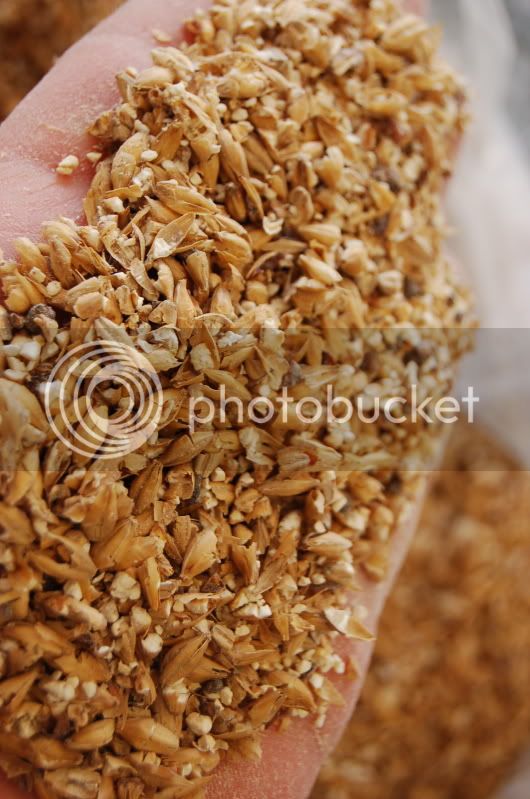sparkyaber
Well-Known Member
WOW, I posted here to find out why my efficiency was bad on this batch and this topic has turned into a monster.
I did change the spreadsheet numbers to include the 80% and the 0% and everything worked out. Now you folks are getting way over my head, but I will try to keep up. I don't understand why you would want lower efficiency, and less sparging. I will be looking into those questions, as soon as I get done here.
If you all have links easily accessible, shoot them to me.
Thanks again for all of the help.
I did change the spreadsheet numbers to include the 80% and the 0% and everything worked out. Now you folks are getting way over my head, but I will try to keep up. I don't understand why you would want lower efficiency, and less sparging. I will be looking into those questions, as soon as I get done here.
If you all have links easily accessible, shoot them to me.
Thanks again for all of the help.





